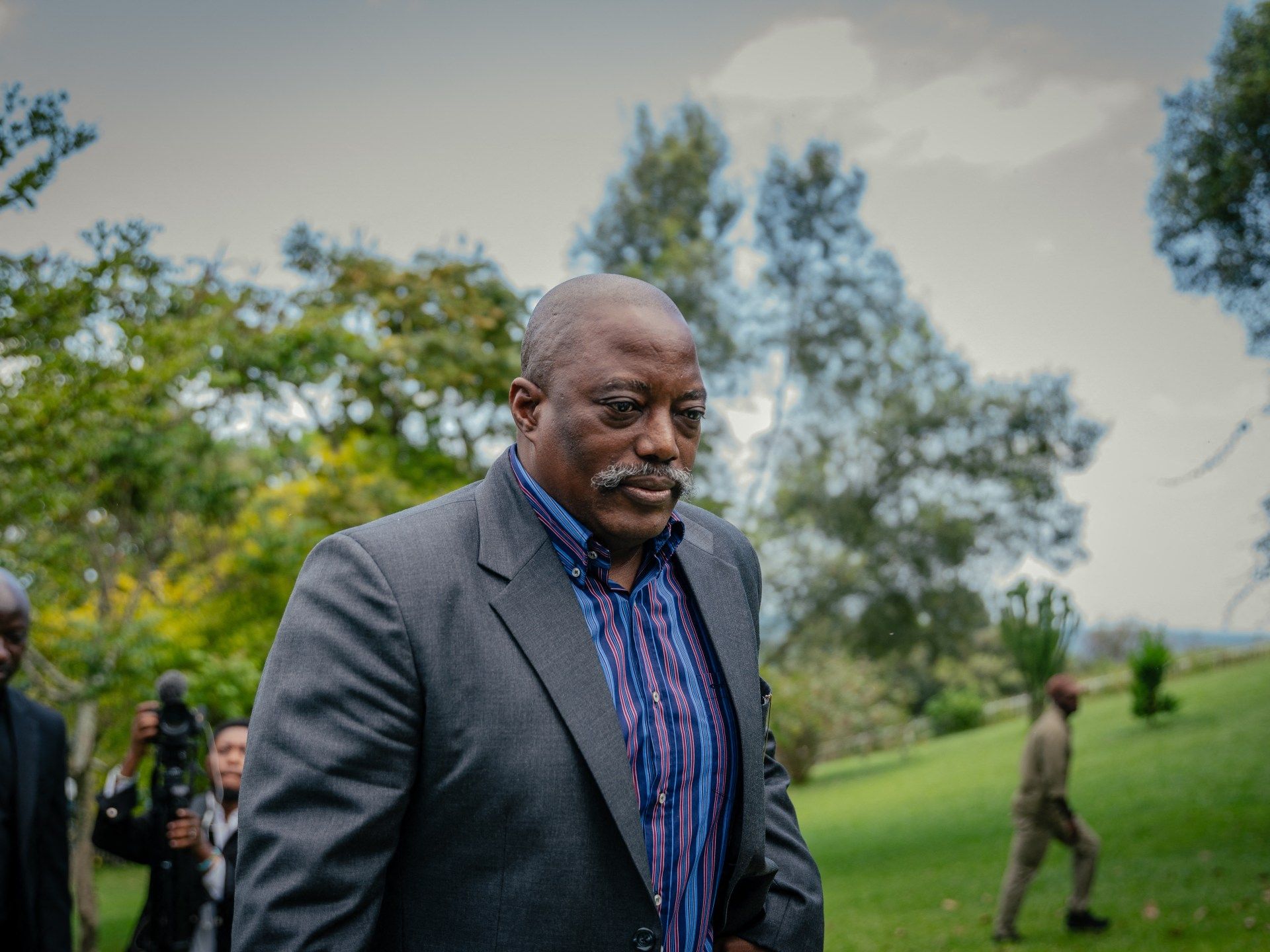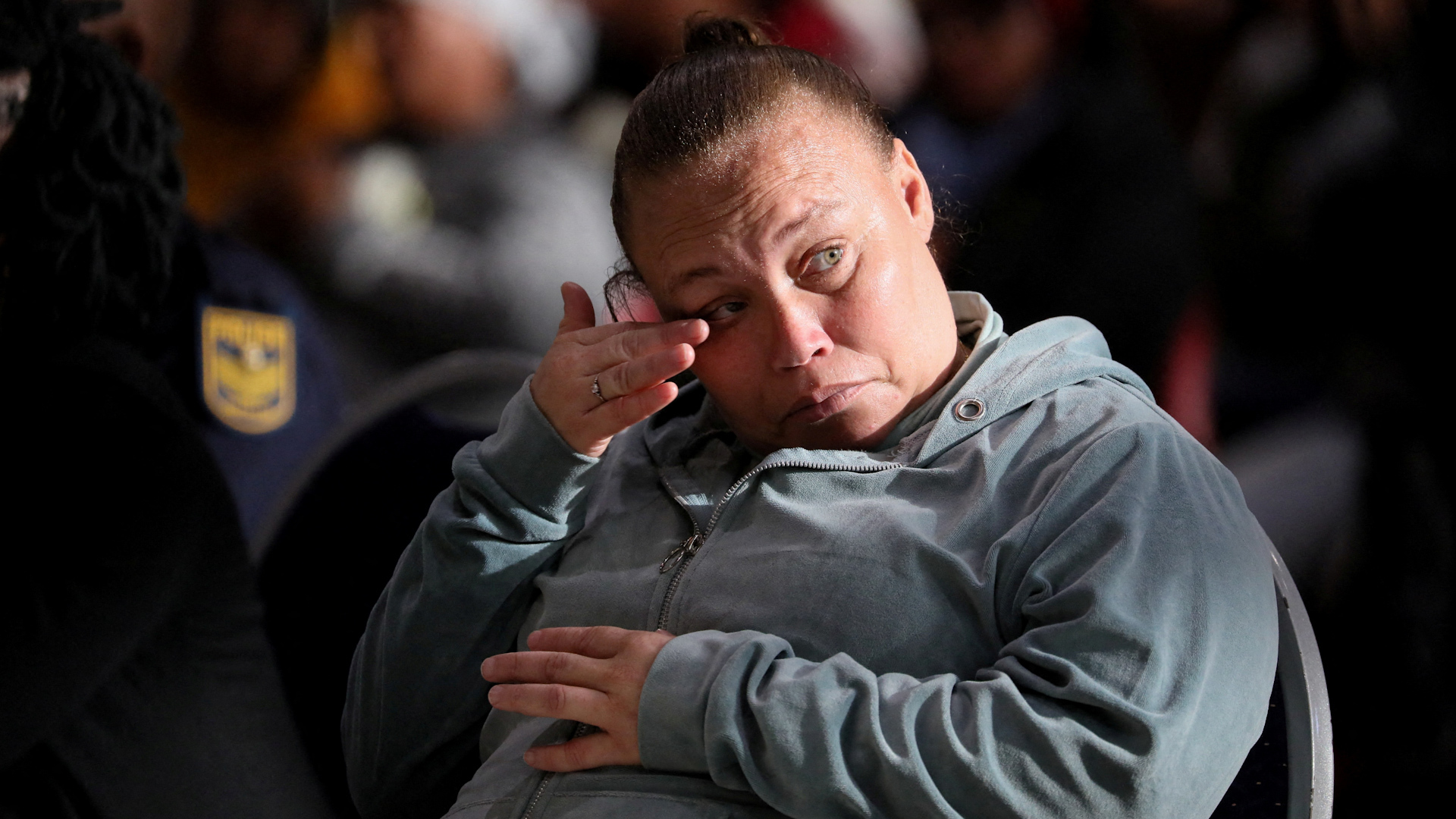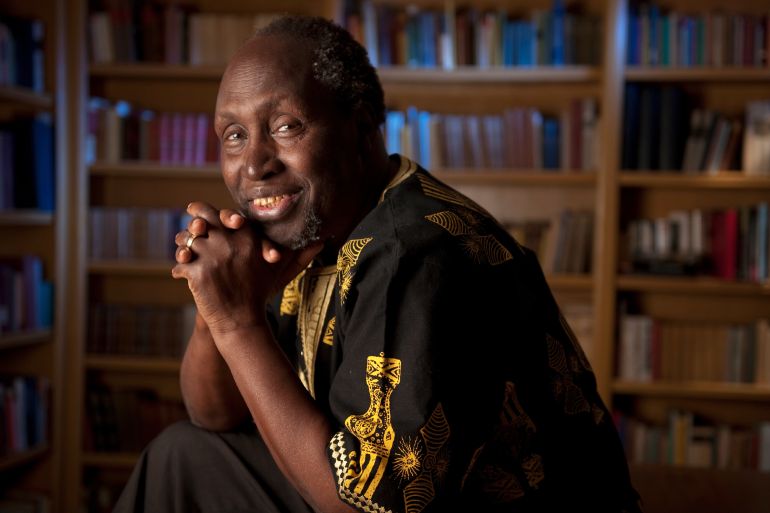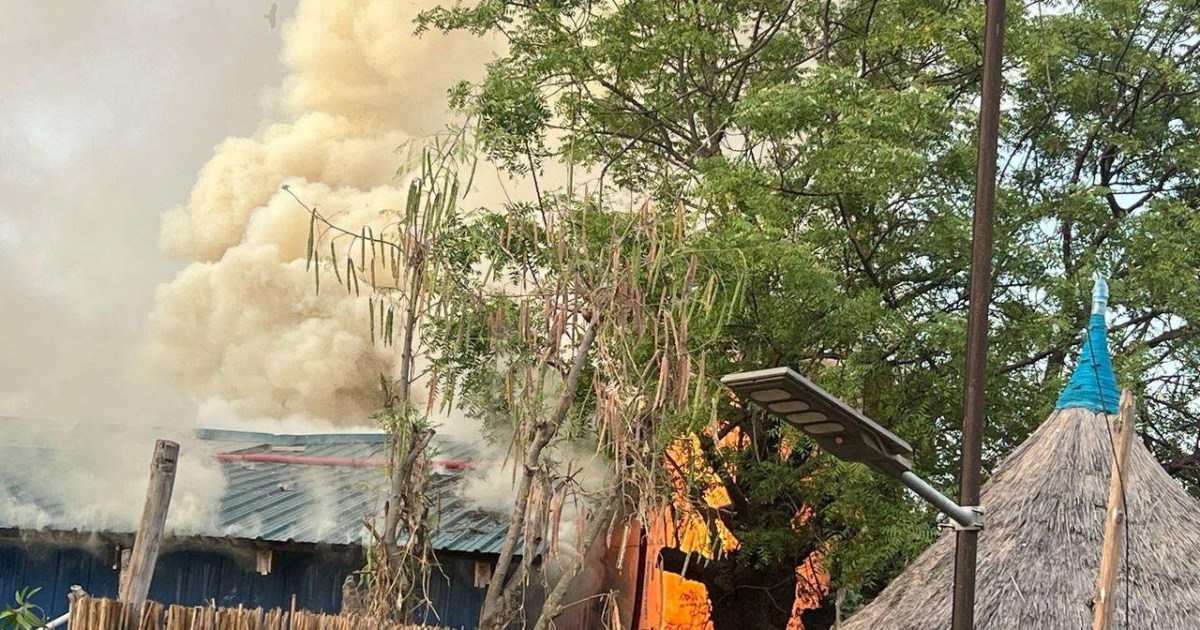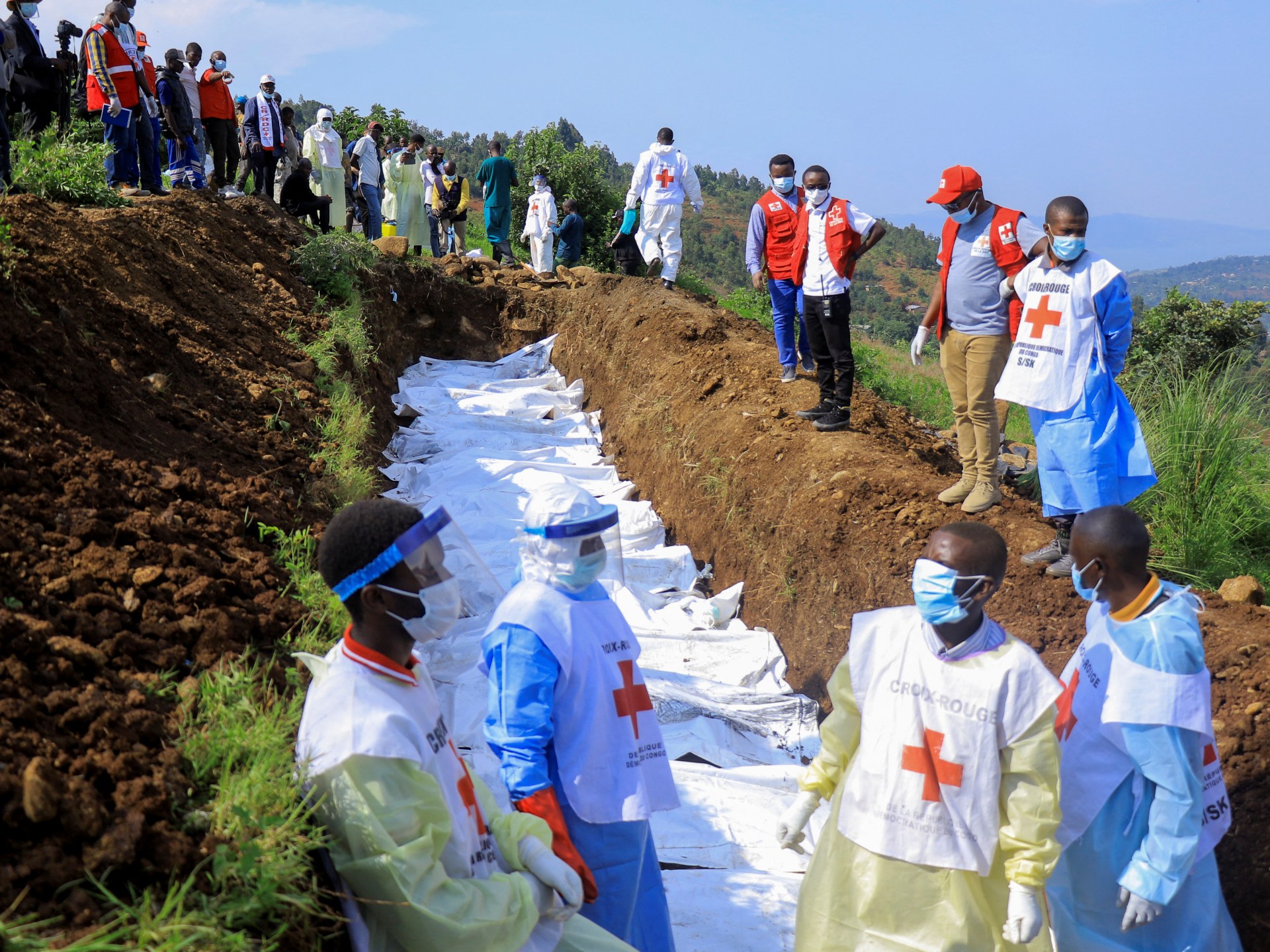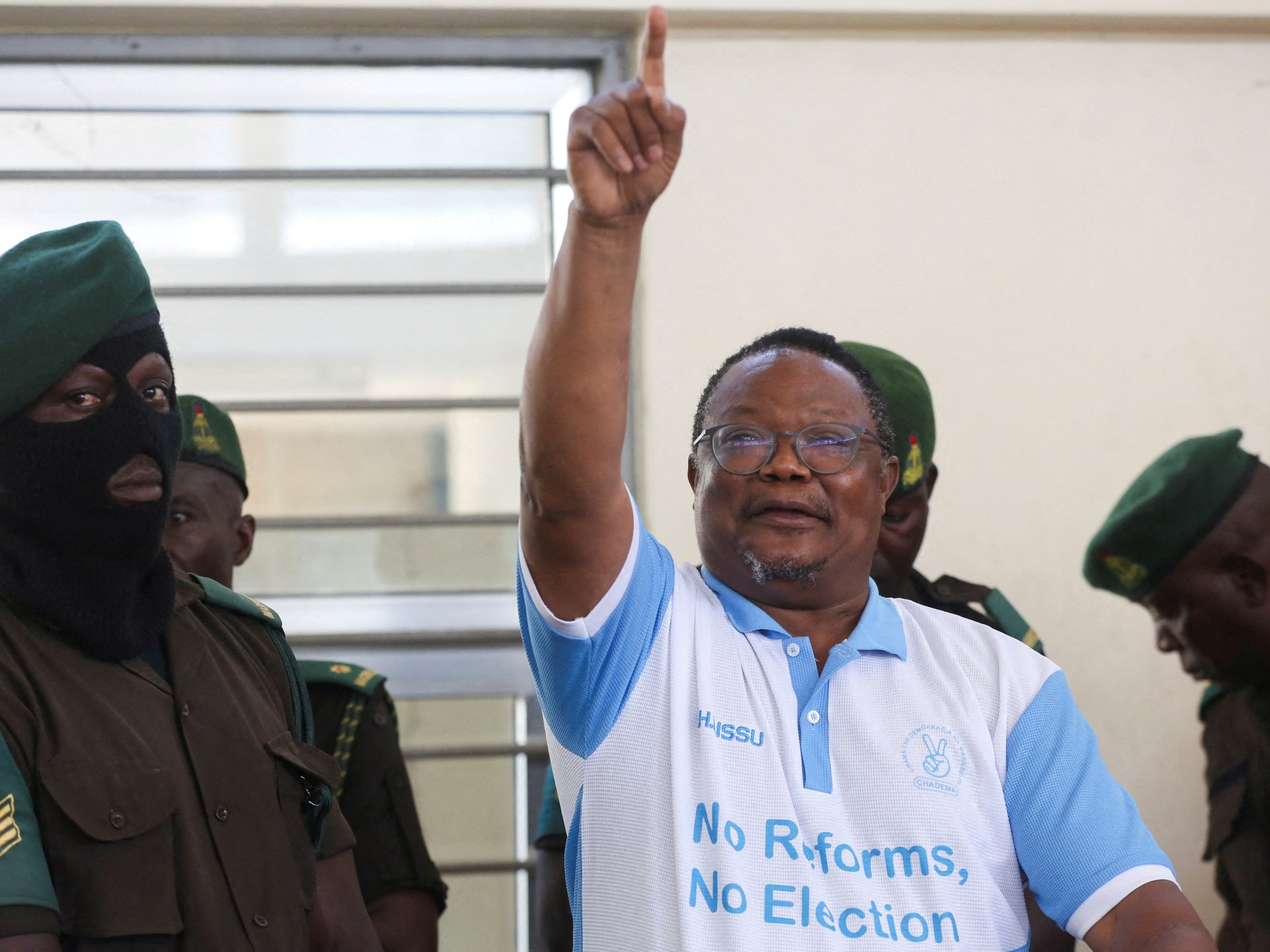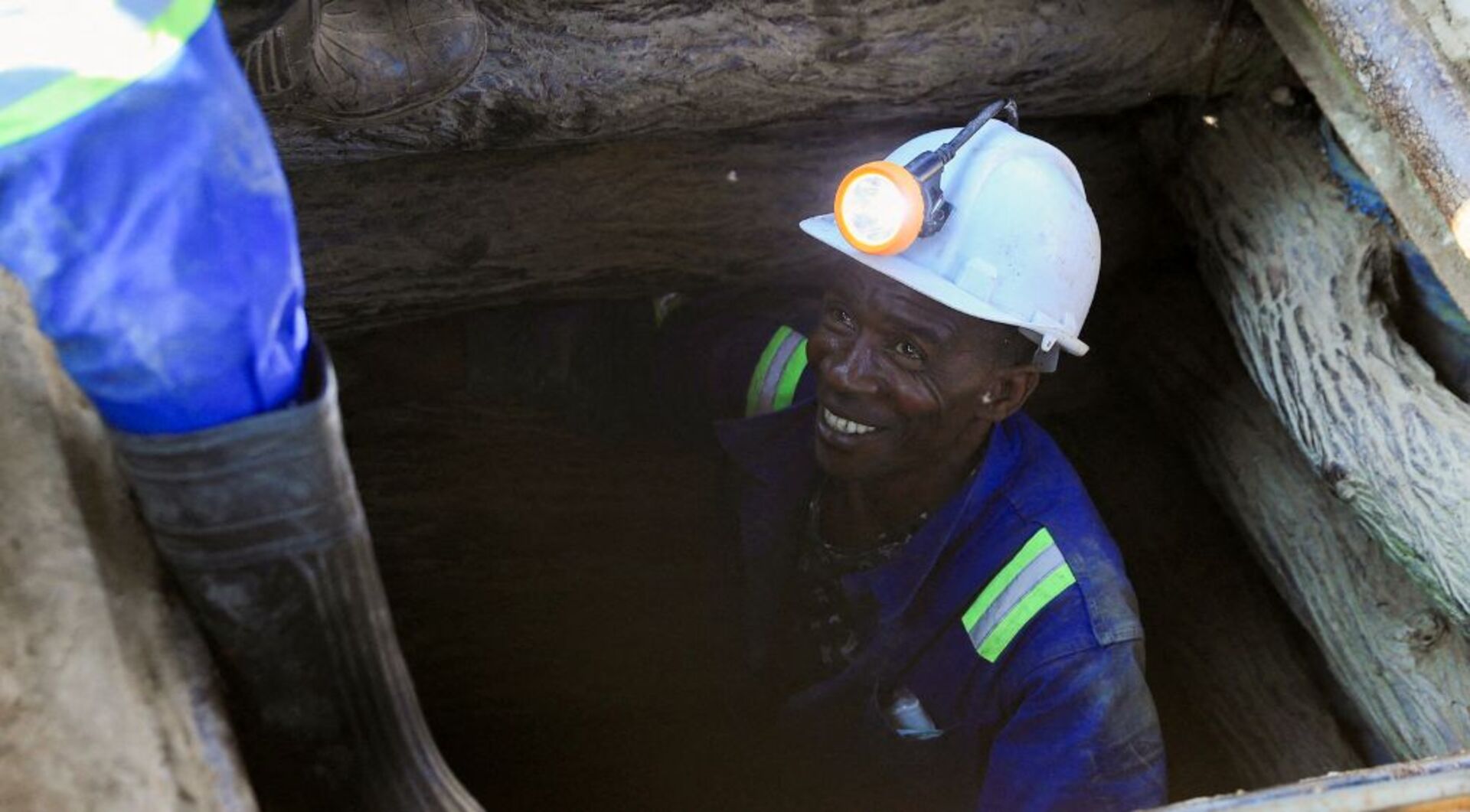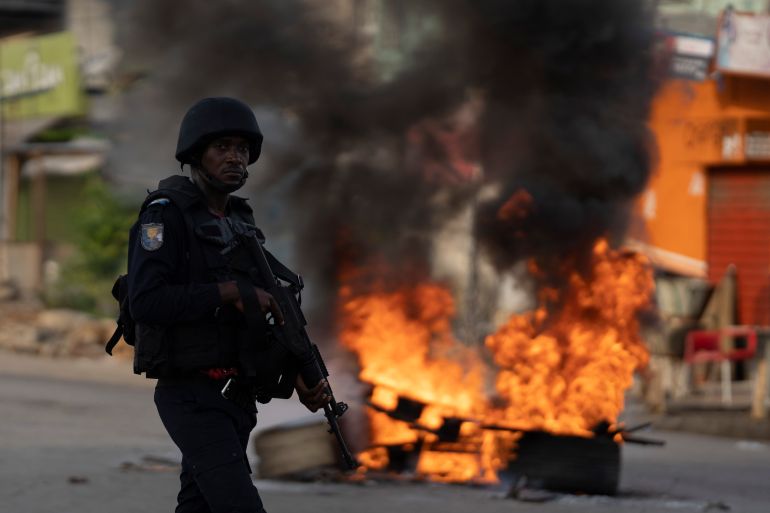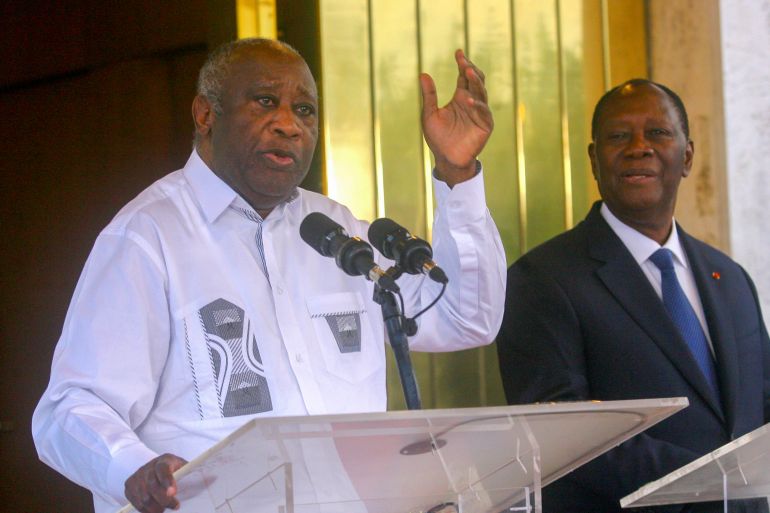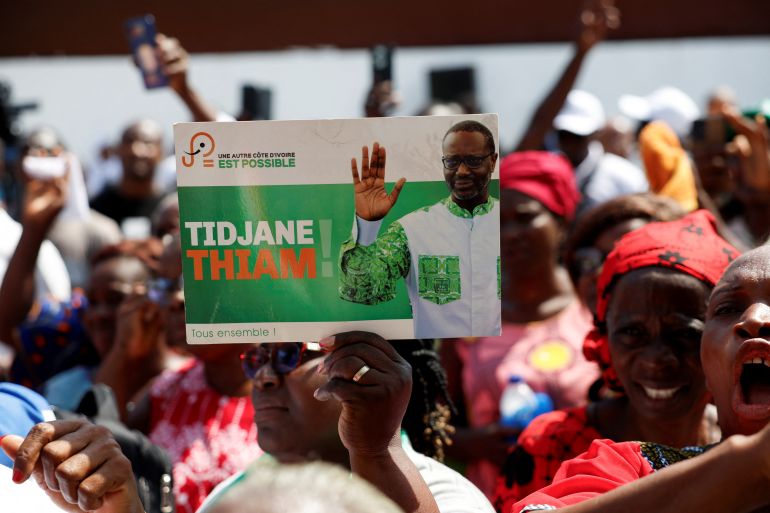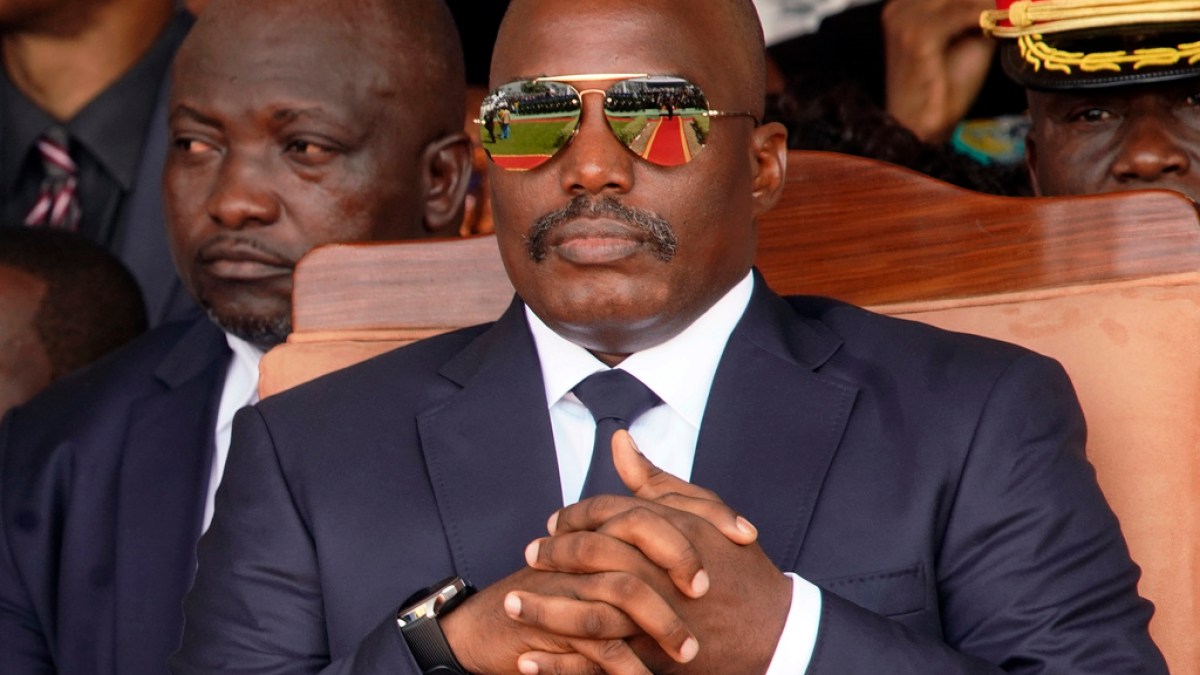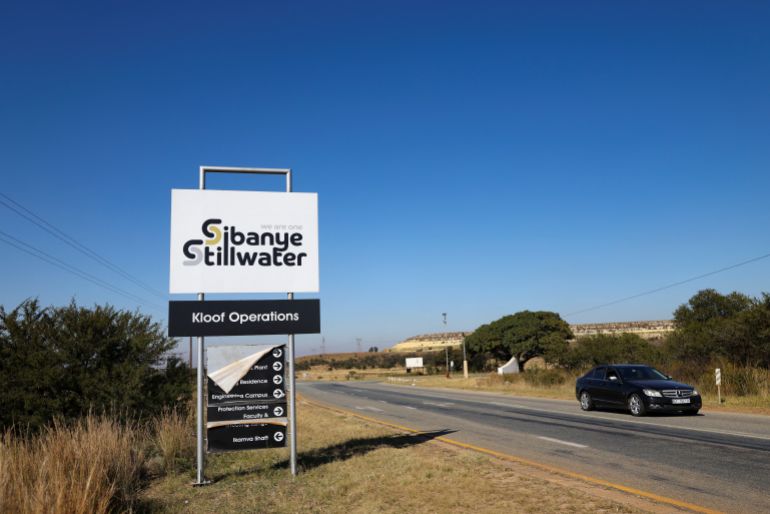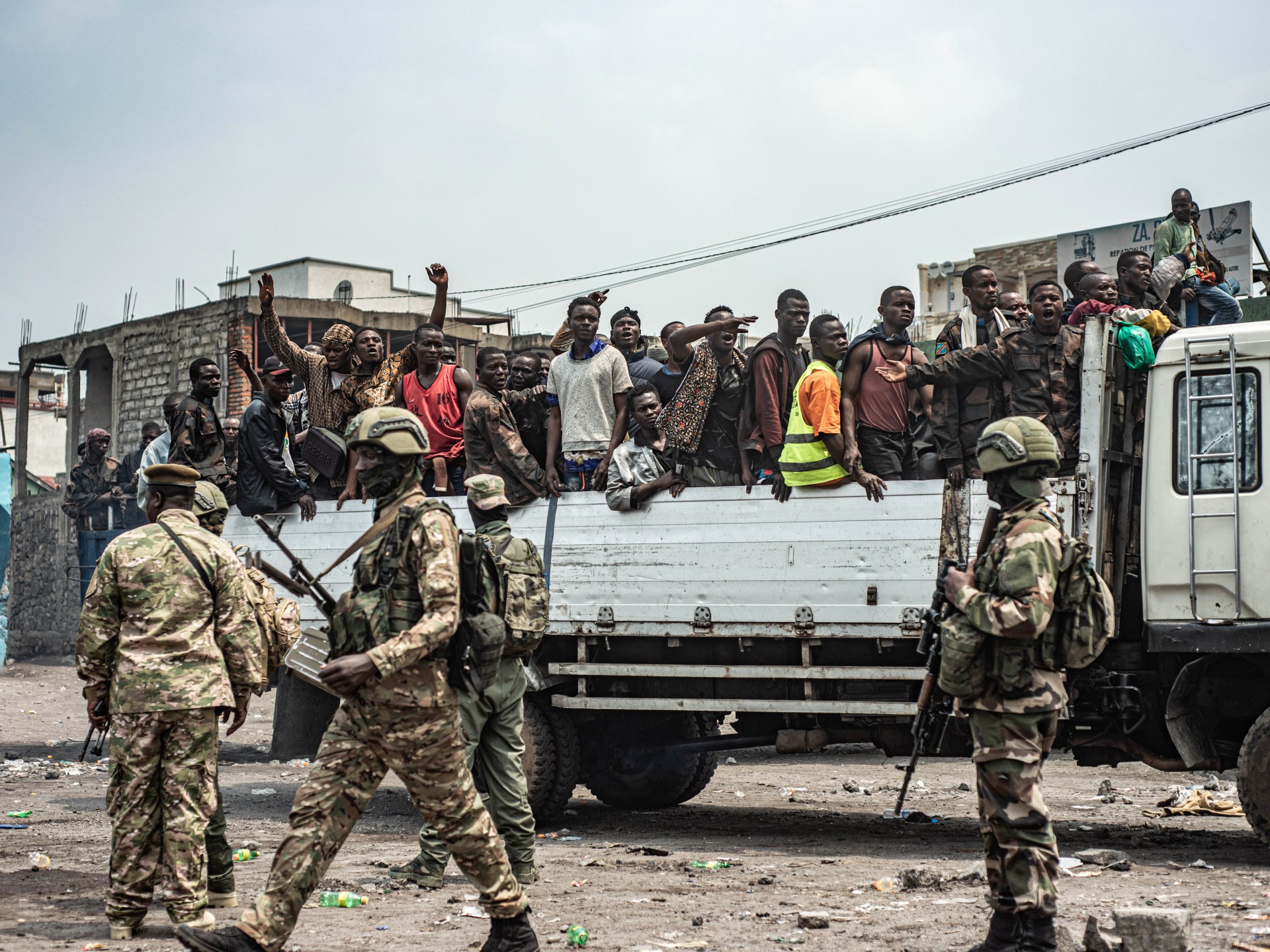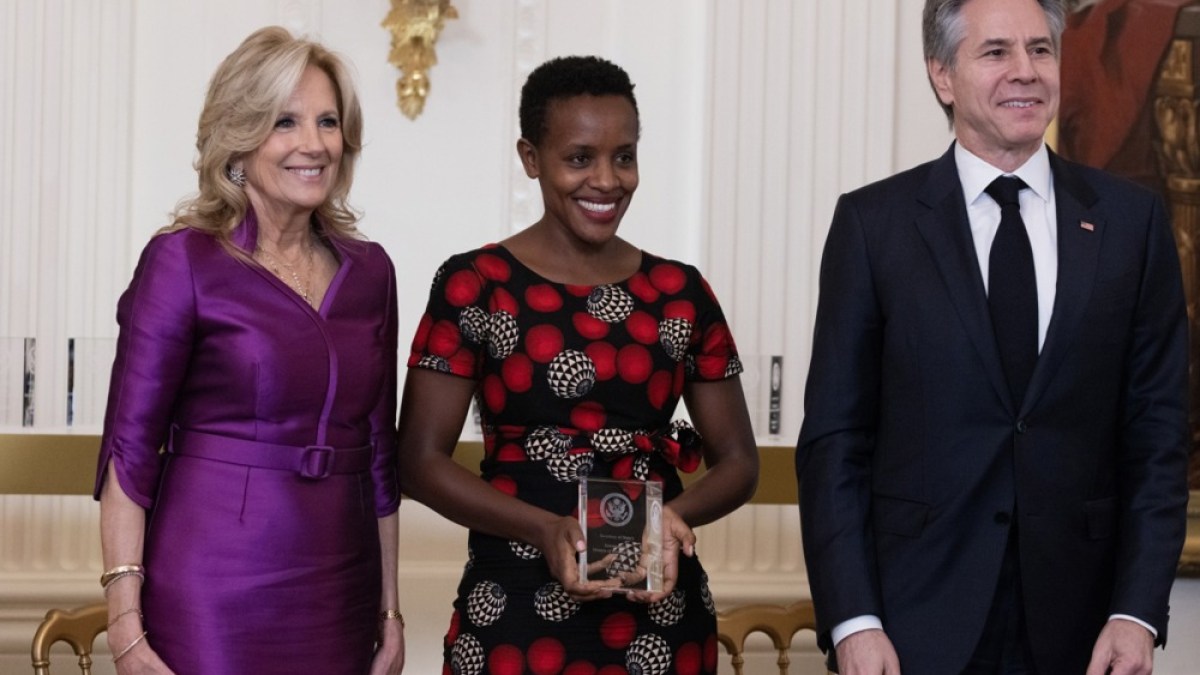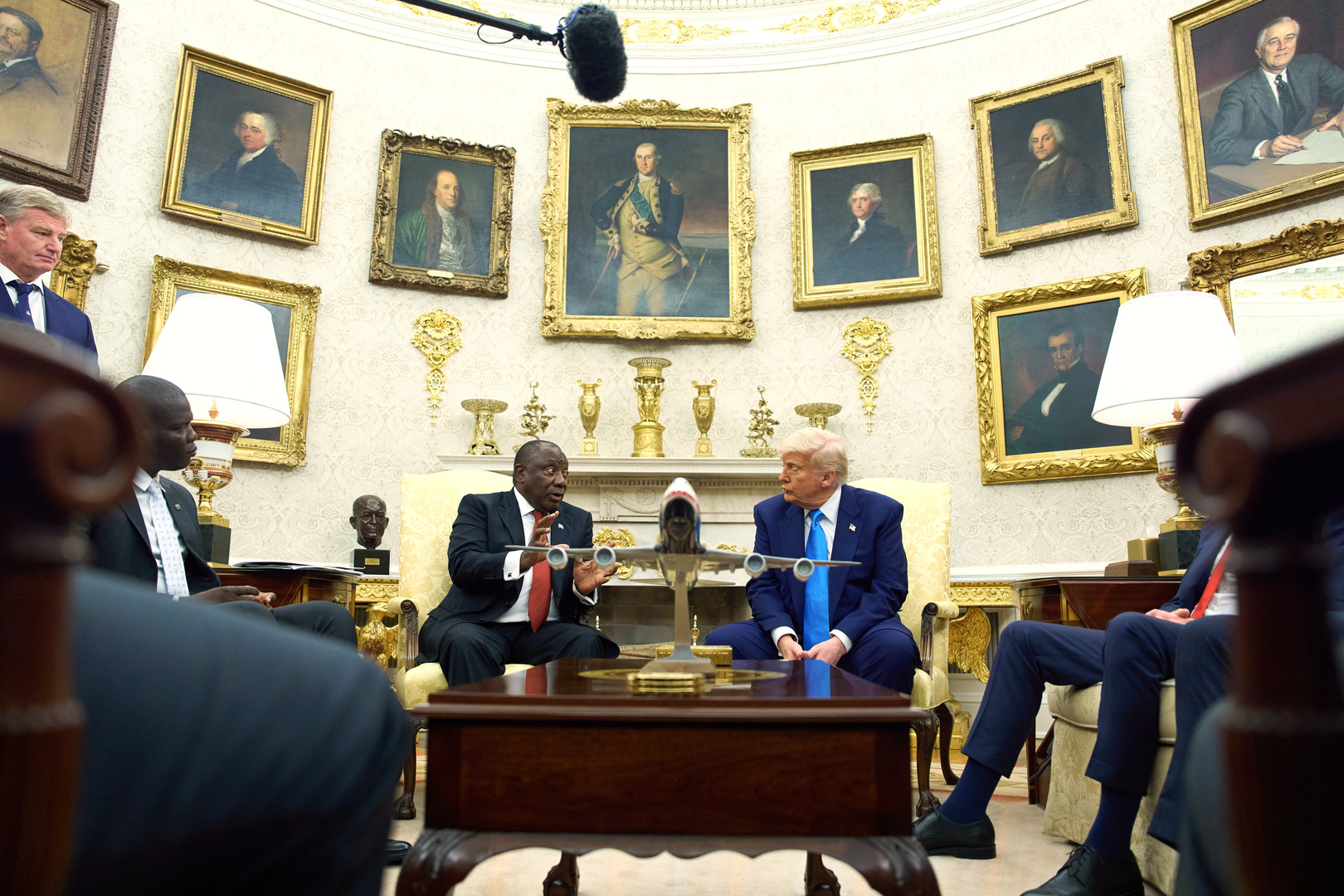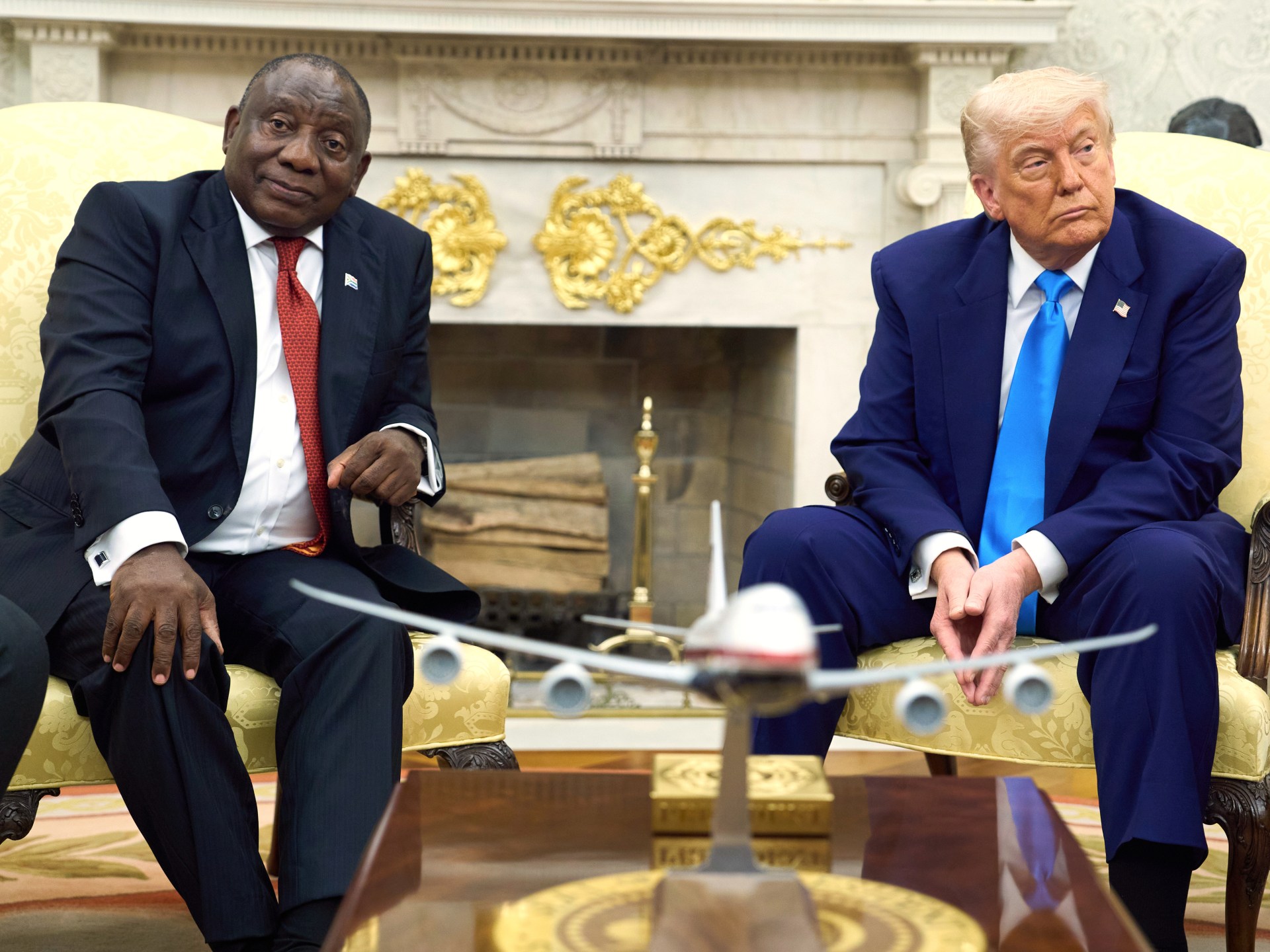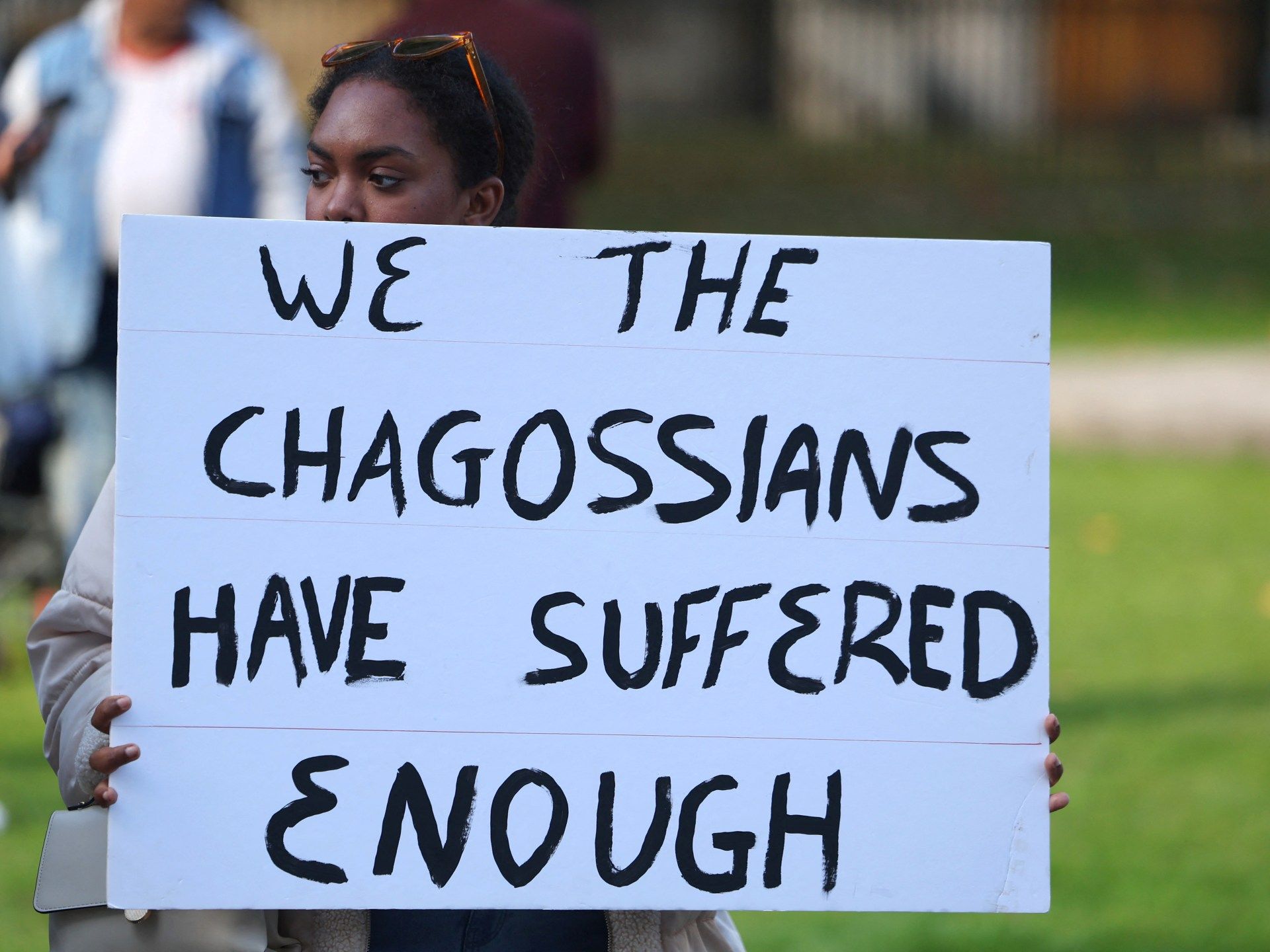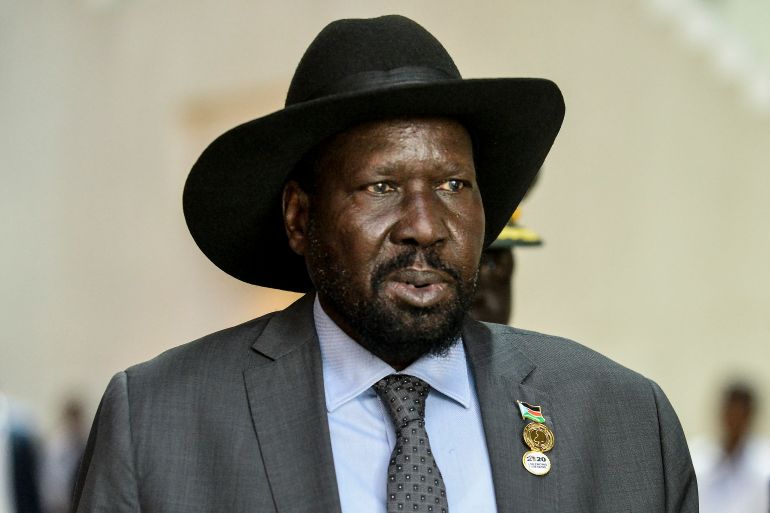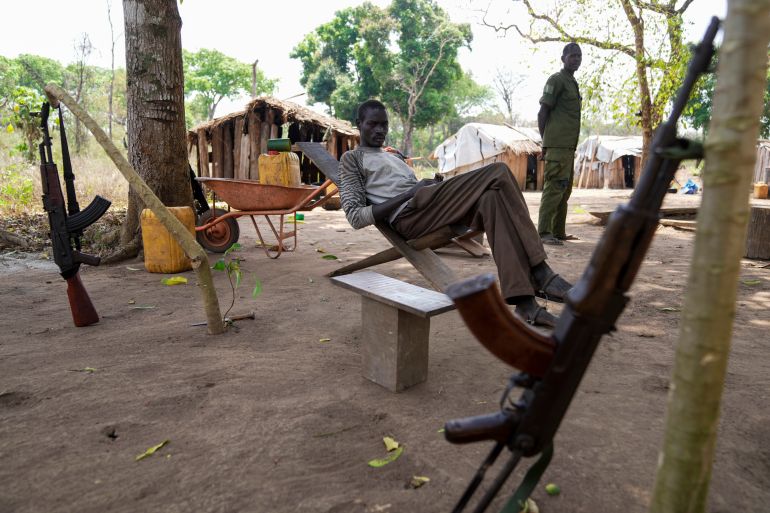Death at the cross: Secret burials, ‘cult-like’ practices at Kenyan church | Religion
Opapo, Kenya – Perched in the grass alongside the Rongo-Homa Bay Road in Kenya’s Migori County, a rusted sign announces the Melkio St Joseph Missions of Messiah Church in Africa. Beyond it, a sandy path meets big blue and purple gates that barricade the now-deserted grounds from view.
Just more than a month ago, the church in Opapo village was thrust into the spotlight when reports of secret burials and “cult-like” practices emerged.
On April 21, local police stormed the grounds and discovered two bodies buried within the fenced compound – including that of a police officer who was also a church member – as well as dozens of other worshippers who had been living there.
During the raid, 57 people were rescued and taken into custody. In the weeks since, most have been released, but police have banned them from returning to the church and sealed off the compound.
For Kenyans, the incident has unearthed the memory of other controversial churches steeped in allegations of abuse, like the 2023 case where more than 400 people linked to a church-cult starved to death in the Shakahola Forest.
In Opapo village, residents are troubled by the deaths and the decades-long secrecy surrounding the church. Many want to see the permanent closure of the compound and the exhumation and return of the bodies buried there.
Brian Juma, 27, has lived directly beside the church all his life. He told Al Jazeera locals believe it was started by a man who fashioned himself as a sort-of god figure, and who the followers of the church prayed to.
Juma claims that when the church leader died 10 years ago, followers did not immediately bury him but prayed for three days in the hope that he would rise.
Pauline Auma, a 53-year-old mother of six who also lives near the church, said the congregation was set up in their area in the early 1990s, although she could not recall the exact year.
“When it came, we thought it was a normal church like any other. I remember my sister even attended a service there, thinking it was like other churches, only to come and tell us things that were not normal were taking place. For example, she said the Father there claimed to be God himself,” Auma recounted.
In the years that followed, the church recruited members from different locations across the country. Juma said congregants were not from around the area, spoke different languages, and never left the compound to go to their own homes.
According to Caren Kiarie, a human rights activist from neighbouring Kisumu County, the church has several branches across the Kenyan Nyanza region, and sends members from one location to the other.
Many people came to worship and live within the church full time, Opapo villagers remember.
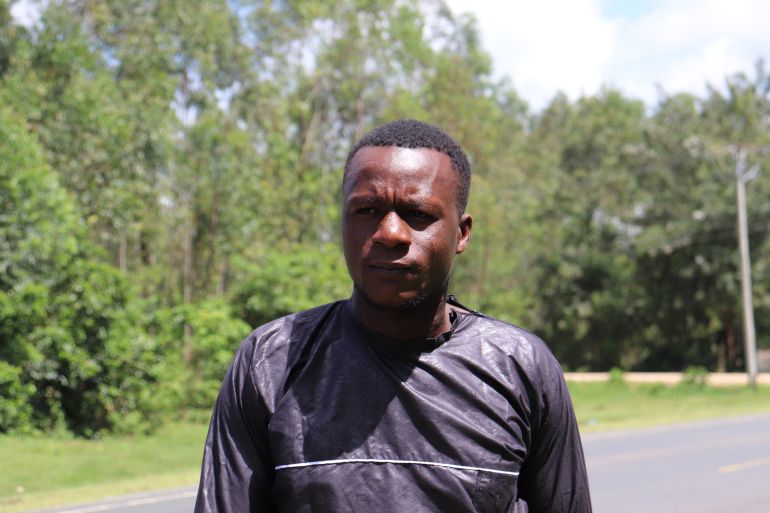
“They were very friendly people who did business around the Opapo area and interacted well with the people here,” Juma said. “But they would never live outside the church, as they all went back inside in the evening. Within the church compound, they had cattle, sheep, poultry and planted crops for their food.”
Though the worshippers could interact with outsiders, locals say the children living there – some with their parents and others who neighbours said were taken in alone – never attended school, while members were barred from seeking medical care if they were sick.
On the day of the police raid and rescue, many of the worshippers looked weak and ill, said Juma, who over the years befriended some young people whose parents belonged to the church. “They were sickly, as they were never allowed to go to the hospital or even take pain medication,” he said, quoting what his neighbours had told him. Auma believes those who were rescued that day were the sickly ones, as the others had escaped.
The 57 initially refused to leave the compound at all, insisting the church was their only “home”. But police took them to the nearby Rongo Sub-county Hospital to be treated. They again refused medical care and instead began singing Christian praise songs in the Dholuo language. Auma said the songs were chants asking God to save them and take them home to heaven.
Disturbed by the commotion, health workers recommended that they be moved from the hospital because they were making other patients uncomfortable. That’s when they were taken into police custody. According to the assistant county commissioner, Josphat Kingoku, the worshippers were released from police custody two weeks ago, but he did not know their whereabouts.
Seeking news about loved ones
In Kwoyo in Homa Bay County, Linet Achieng worries about her 71-year-old mother, who left home to join the Migori church 11 years ago and never returned.
Her mother was introduced to the church by a neighbour who was originally from Migori, Achieng said.
“Initially, she had gone to seek healing from a backache that had troubled her for years,” said the 43-year-old, explaining that the church offered promises of health.
The family initially kept in touch with their mother, asking when she would come home after being healed. She kept making promises to return, but never did. Achieng tried to convince her mother to leave the place, she said, but her attempts were in vain.
“At some point, she stopped talking to us, and when my younger brother and I went to inquire how she was doing, we were sent away from the church and told that unless we were willing to join the church, we were not welcome in there,” she said.
After the raid last month, Achieng learned her mother was among those rescued but says she does not want anything to do with her family.
While many worshipers’ families wait to hear about their relatives, one family knows for sure they will never see their loved one again.
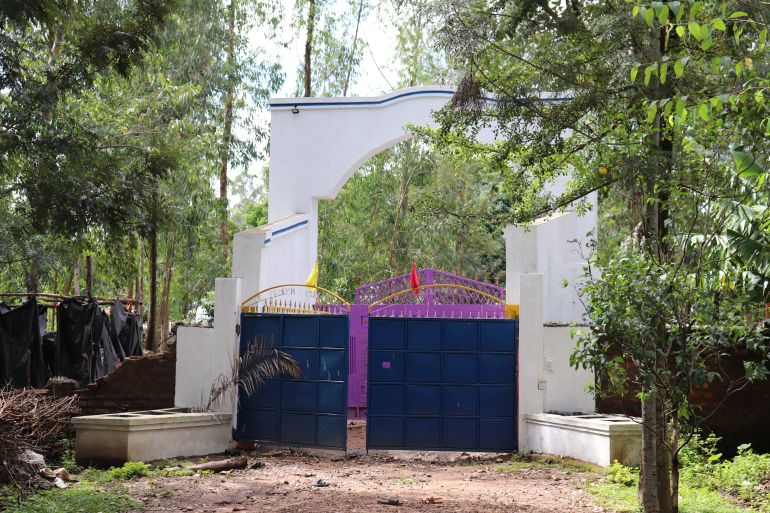
Dan Ayoo Obura – a police constable – was one of those who died at the church compound, reportedly on March 27, according to local media reports.
He had been introduced to the church by his wife, who was a leader there, his relatives said.
Obura had left his workplace at the General Service Unit police headquarters in Nairobi in February before travelling home to Kisumu County on sick leave, according to his uncle Dickson Otieno.
He was taken to a hospital in the area, but after a week at the facility, “he disappeared”, Otieno told Al Jazeera.
“We reported to the police and started looking for him everywhere, panicked that we might never see him again. Later, we had information from some neighbours that he is in Migori at a church. That’s when we went there to ask the church leaders where he was. They told us he was not at the church and had not seen him.
“About a month later, they called us to say that the person we were looking for had died the previous night and that they had buried him that day.”
The family then informed the police and human rights activists like Kiarie, and travelled to Opapo to try and locate his body.
Kiarie, who is a rights defender and paralegal at the Nyando Social Justice Centre, accompanied the family to Opapo in March.
“We’ve not been given the body,” she told Al Jazeera, explaining that she interviewed residents and church members while in Opapo and heard concerning reports about what was happening at the compound.
No one was allowed to have an intimate relationship at the church, she said, while husbands and wives were required to separate after joining. These practices were echoed by the compound’s neighbours in Migori.
“There are also serious claims of sexual violence at the church where the male leaders were having sex with the girls and women there,” Kiarie said. “That was why they did not want any man inside to touch the women because they belonged to them,” she alleged.
Kiarie said since the police raid, the compound’s neighbours have also reported there may be more than just two bodies buried inside – which she said could be what is delaying Obura’s exhumation. “They’re still waiting because they said the issue has been picked up by the national government, and they [the national authorities] want to exhume the other bodies [that may be there],” she said.
Kiarie feels the Migori church may prove to be another case like the Shakahola cult “massacre” if it is found that more people indeed died and were buried there without their families’ knowledge.
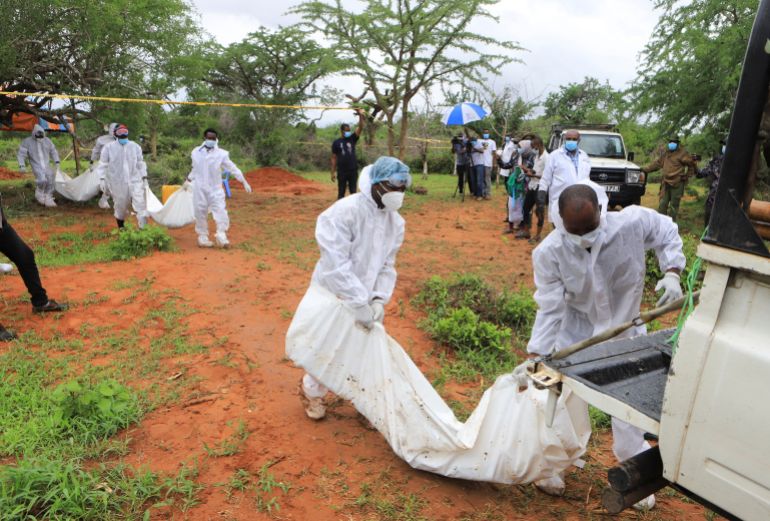
From Shakahola to Migori
The events in Migori have opened wounds for many survivors and relatives of the 429 people who were starved to death in Kilifi County’s Shakahola, in 2023.
Led by Pastor Paul McKenzie, the congregants there also left their families and abandoned property, seeking to go to heaven and meet their messiah. But news reports said that at the church, they were radicalised and brainwashed, convinced that if they stopped eating they would die peacefully, go to heaven and meet their god.
Both Grace Kazungu’s parents and two of her siblings perished in the Shakhola church cult, says the 32-year-old mother of three from Kilifi.
Whenever she and her brother tried to question the church’s teachings, the others would not hear a word against it, she told Al Jazeera.
“They would argue that we were ‘anti-Christ’ and that their church was the only sacred and holy way to heaven,” she said.
“Months later, I heard from my brother that they had sold the family’s property and were going to live inside the church after ditching earthly possessions.
“We tried to reach them but were blocked by their leader. My husband broke the news to me one morning after a year that they had been found inside the forest and they were dead and buried.”
After their deaths, they were buried in mass graves within the Shakahola Forest where the church was located. Upon discovery, following a tip from the local media, the police launched an operation to cordon off the area so they could exhume the bodies, test for DNA, and return the deceased to their relatives for proper burial.
They later arrested the church leader, McKenzie, and charged him with the murder of 191 people, child torture, and “terrorism”. He and several other co-accused remain in police custody, pending sentencing.
Unlike Shakahola, the Migori church allowed its followers to work, eat and run businesses in the nearby Opapo and Rongo towns. But like Shakahola, it also kept them living apart from the rest of society, barred them from accessing school, marriage and medical care, and severely punished supposed transgressions, according to locals who heard and witnessed violent beatings and fights inside the compound.
In many societies, religious leaders are widely respected and trusted, and they often influence beliefs and actions in the private and public spheres, explained Fathima Azmiya Badurdee, a postdoctoral researcher in the faculty of Religion, Culture and Society at the University of Groningen in the Netherlands.
“People are in search of ‘hope’ in the daily issues they confront. Religious leaders are pivotal in this role in providing hope to sustain their futures … or even in life after death,” she explained.
Still, “awareness among religious communities on opportunistic leadership and cult dynamics is needed,” she said, referring to the Opapo and Shakahola forest cases.
“Many people blindly trust religious leaders without questioning them. Words and opinions of religious leaders are taken as the gospel truth. The lack of questioning, critical thinking skills, or even the lack of religious literacy often influences individuals to believe in any extreme forms propagated by these leaders,” she added.
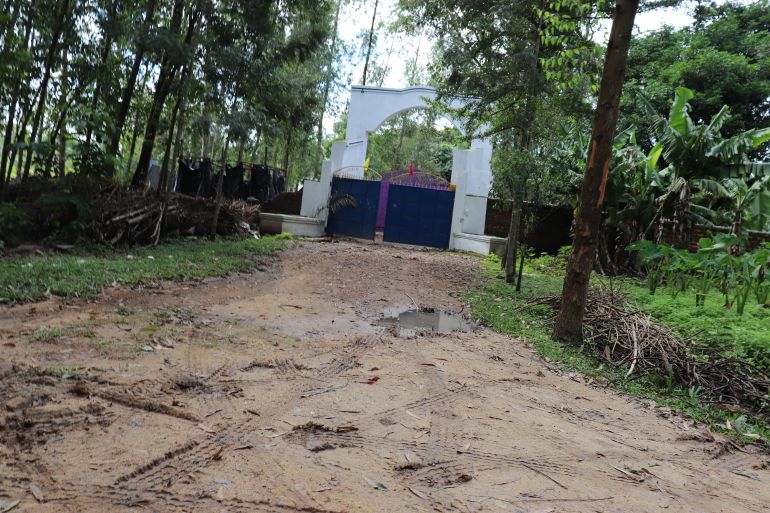
‘I fear she might die’
Most of the 57 Migori worshippers are now back in society once more. However, police extended the detention of four key suspects while investigations and autopsies continued this month.
Assistant county commissioner Kingoku declined to provide details to Al Jazeera about any charges against the worshippers, saying they did not appear in court.
Meanwhile, the Kenya National Police Service spokesperson Michael Muchiri told Al Jazeera: “All individuals found culpable will be taken through the prosecution process as guided by the law.”
Investigations are ongoing into Obura’s cause of death, verification of additional burials alleged by residents, and a probe into whether the church operated as an unregistered “company” rather than a licensed religious organisation.
According to the county commissioner, Mutua Kisilu, the church had been irregularly registered as a company. After the raid last month, Nyanza regional commissioner, Florence Mworoa, announced a region-wide crackdown on unregistered churches.
Muchiri said the government regulates religious outfits in the country and will bring to book all those found to have broken the law.
“Any illegally operating organisation – the government has been clear about it – is quickly shut down. Prosecution, like in the Migori case, follows. Identification of such ‘cult-like’ illegal religious entities is through the local intelligence and security teams and information from the local people,” Muchiri said.
In the meantime in Homa Bay, Achieng finally heard from her mother one last time after the worshippers were released from custody. She told her daughter that she had found a new home and that her family were “worldly” people who she should never associate with again.
“I thought of going to get her from police custody and secure her release, but I [was] worried that she will not agree to go home with me,” Achieng told Al Jazeera. She believes her mother will never return home. “I fear she might die [at the church].”
Meanwhile in Kisumu, Obura’s family continues to mourn him as they work with Kiarie’s organisation and the police to try and secure a court order allowing them to exhume his remains.
All they want, they say, is to transfer him from the church to his ancestral home to bury him according to Luo culture and traditions.
“We are not interested in a lot of things,” Otieno said. “We just want the body of our son so we can bury him here at home. Just that.”


